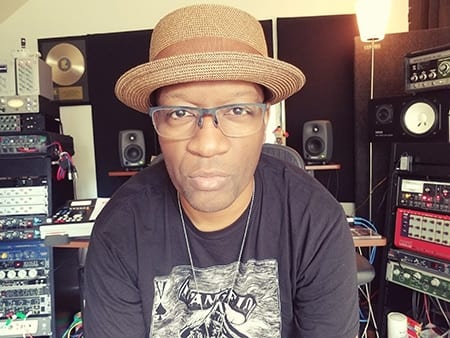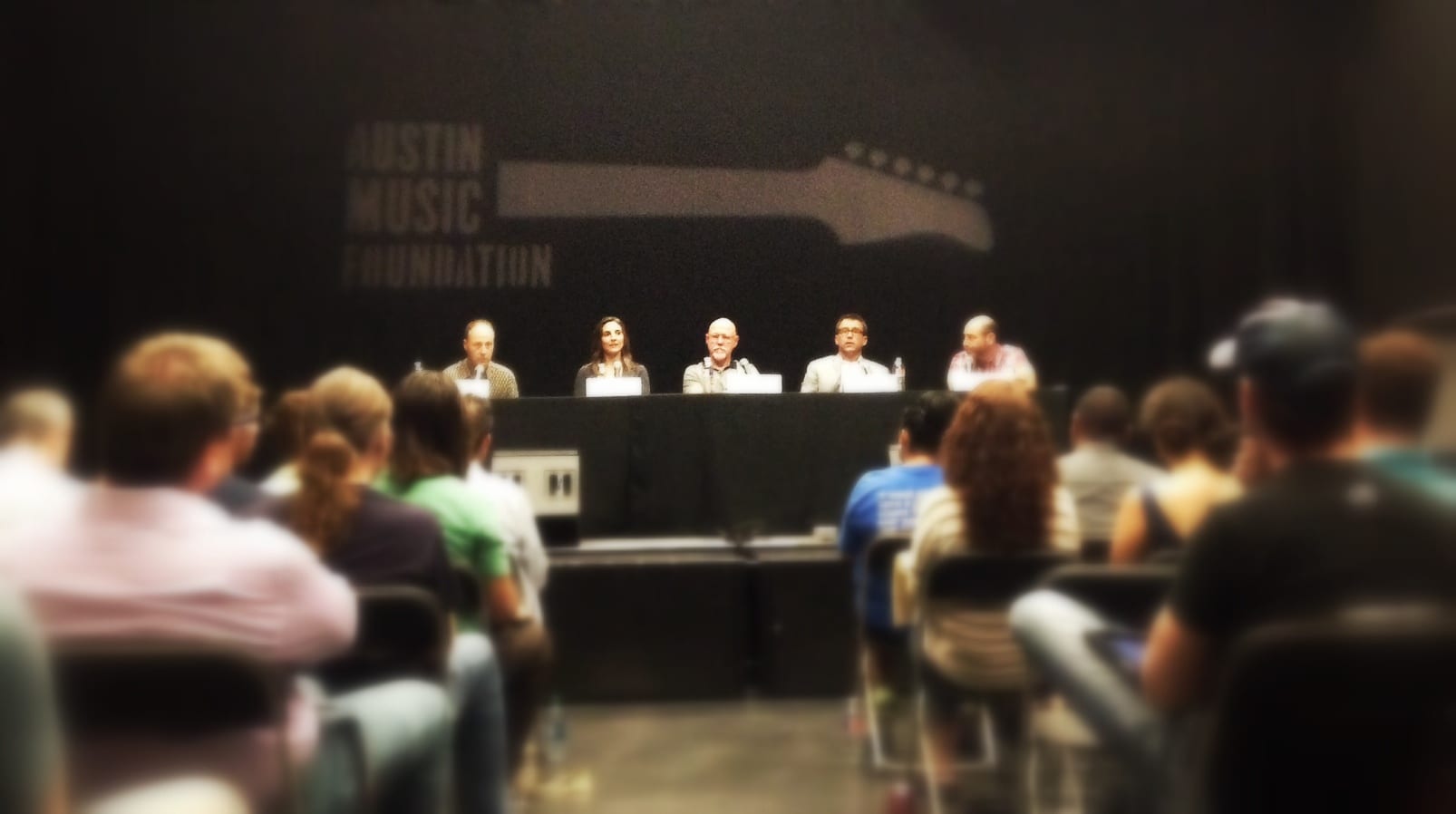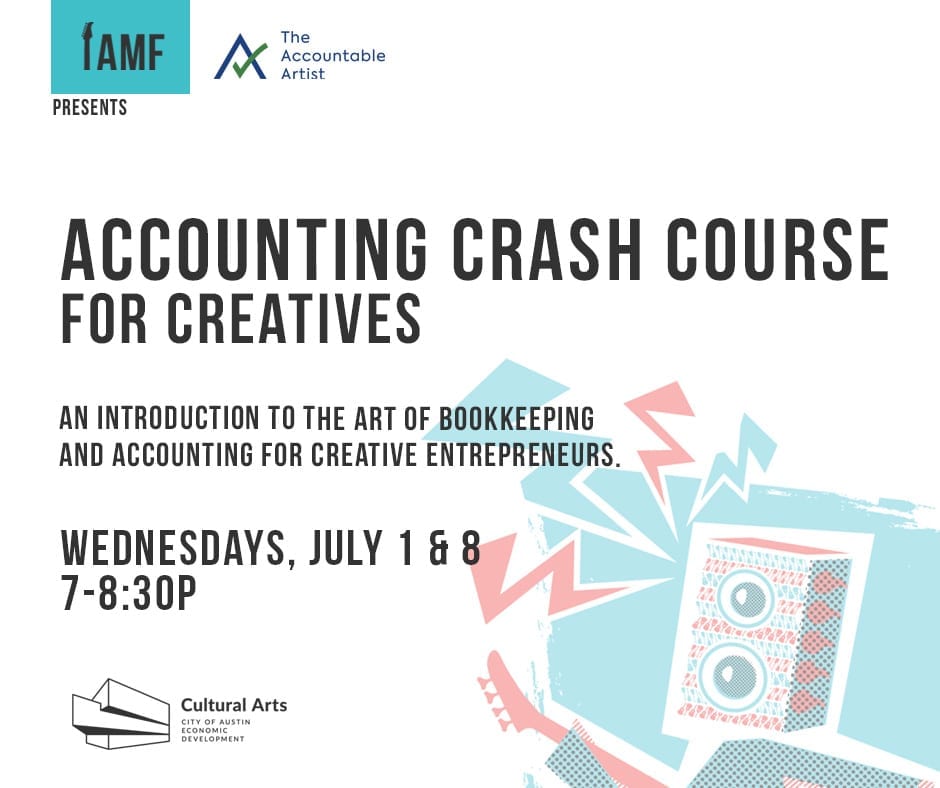A Guide to Social Media Strategy for Bands and Musicians
Use these suggestions as a solid base for your social media and expand upon it.
Make a plan
- Take a look at the analytics of the platforms you most frequently engage with and make note of the posts that have seen the most engagement.
- Look up bands that you think are similar to yours and see what’s working for them. Apply their success to your platform.
- Research! Spend some time looking up what’s trending on various platforms and how it relates to your band. For example, live-streaming is a popular way to engage with fans and spread your music organically. How can your band take advantage of that?
Know when to post
- Most social media platforms will tell you, at least in the most basic way, when the best time is to post to your account. Find this time and build that into your social media strategy.
Be consistent
- This rule applies not only to how often you post, but also with the copy and content that you post.
- The old saying “too many cooks in the kitchen” can be applied to social media. If multiple band members are going to be posting on the same platform, make sure you’re all on the same page while considering when and what to post.
Diversify your content
- This can be a “behind-the-scenes” video of a rehearsal, spotlight on a local venue you like to play at, how you wrote a popular song of yours, an explanation of the the recording process, etc.
- Keep in mind, the process of being a musician is familiar to you, so getting a peek into the musical world may sound mundane; however, it will most likely entertain and intrigue the average person who is not as familiar with it.
- Have a content brainstorming session with the band and come up with as many ideas as you can. Not all will be great, but you’ll find enough of a foundation to build on.
Un-link your social media accounts
- Use different posts on different outlets or edit your posts when they’re posted to other platforms.
- Create posts for the platform they’re in. Example: short and concise on Twitter vs. a little more depth on Facebook.
- Instagram handles and hashtags on Facebook can look messy and lazy- be careful with them.
Delegate, divide, and conquer
- Divvy up posting and responding responsibilities among the band (managers, if you have one that’s hands on, can be involved here, too).
- Make sure everyone understands the message and content you’re trying to achieve.
- Hold each person accountable; if they’re going to take on the responsibility of monitoring social media, they need to be alert and aware.
Take the time to engage your fans
- When a fan takes the time to leave a comment, message your page, or share a post you’ve created, take the time to reply, like and engage with them. That’s how you make a super fan.
Do some “social listening” after a show or event
- Check your various social channels and see what people in attendance are saying and sharing (this could mean searching hashtags related to the event or your band).
- Fans, especially first-timers, will probably spell your band’s name wrong; check for the common misspellings.
- Re-share your favorite posts/pics, but always give credit to whoever made the post or took the picture.
Create a promo schedule specific to high profile events
- If applicable, ask the venue for their media contacts so that you can reach out and get some digital ink going.
- Set a budget for the promotion, and use things like bit.ly and the various social media analytics to track the success of your campaign.
- Give yourself enough time to build up the promo (a week or less won’t get you a ton of return).
Use your Event Page to connect with fans, but be creative with what you post. Keep it interesting and engaging.
- Remember that everyone who has RSVP’d to your event will get a notification when you post, so don’t abuse that power.
Pay to promote your shows
- The dollar goes a lot further than it used to when it comes to advertising, so you don’t need to spend too much.
- Use your promoted posts to subtly promote multiple things; for example, use a music video to promote an upcoming show. This gets people watching your video while making them aware of the upcoming show.
- Get a gig poster professionally done and work with a graphic artist that can give you several different digital formats for the poster so the sizing and proportions are correct on your various social media accounts.
Cross promote/interact online with other bands/venues
- This is a great way to get exposure and diversify your content while building relationships with other successful people in the industry.
- When you promote online with other bands/venues, it shows you’re committed to promoting the show or event.
Don’t expect people to care if you don’t give them a reason to care
- Telling your fans what you want them to click on or show up to rather than why you want them to click or show up will almost never work.
- Again, be creative!
Be as genuine as you can be
- People will feel much less like you’re trying to sell them something (and much more inclined to buy your music/gear, etc.) if you present yourself as genuine, unique, and serious about your music. Show a little personality because people might end up loving you!
Get them emails
- Emails to a band can be worth anywhere between $5-$10, so it’s worth your time and effort to establish and grow your email list.
- Look at the merch you have or could have and see what fits in the price range of $5-$10 and give that away at shows/online to fans in exchange for their email addresses.
Keep track of your progress
- Give yourself a monthly or quarterly report card, asking questions like how many posts you made or what worked and what didn’t.
- By tracking what works and what doesn’t, you can budget your time to focus on things that people are actually reading and not skimming past.
Always adapt and adjust
- This motif applies to both paid and organic posts.
- Social media is not a stagnate, unchanging entity- it is complex and moves in different directions. It’s your responsibility to adapt to those changes and keep up-to-date with what social media outlets people are interested in the most.
Update your website weekly or as often as you have shows/special event
- Someone visiting your website for the first time most likely won’t return again if the information they’re seeking isn’t up to date or readily available.
- You should also post your events as early as possible so people can plan ahead to attend.
Update your photos at least on a quarterly basis
- You want people to be familiar with your band, even if it means tracking the changes of your haircuts over the years.
- This is especially important if any members of the band have left or changed.
Does your bio reflect who you are as a band right now? Does your website? Does your logo? Does your EPK?
- If everything listed is older than 6 months, take some time to read through your content and update as needed.
Some examples of musicians I think are doing a great job managing their online presence: Jackie Venson, Hardcore Sex and Tameca Jones.
Social media can be stressful, so it may be smart to have a professional help with the planning and, if you’ve got the budget, the execution.
Written by: Louie Carr (Own Path Media Group)






